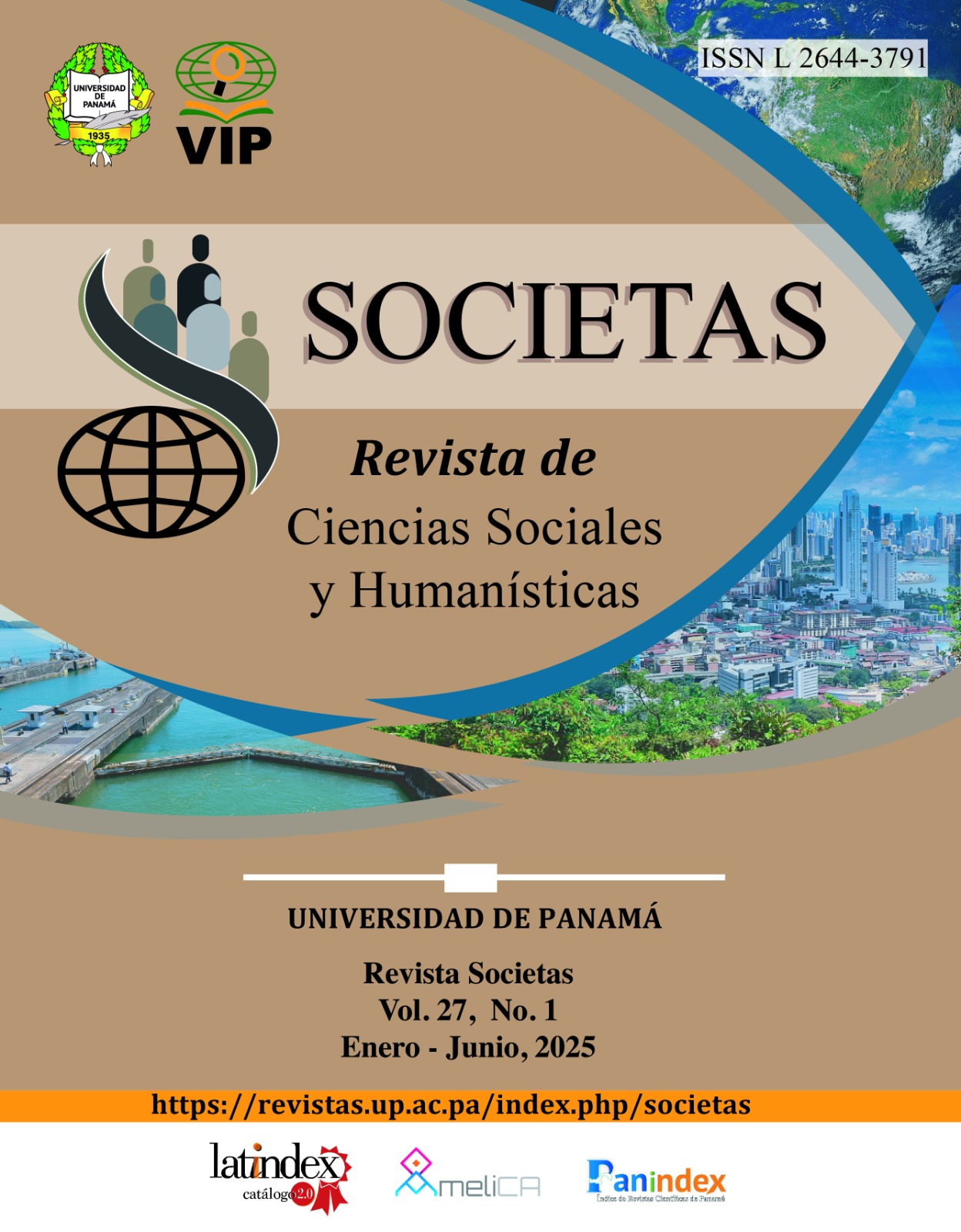

Copyright (c) 2025 Societas

This work is licensed under a Creative Commons Attribution-NonCommercial-ShareAlike 4.0 International License.
In the study of the Mayan culture, understanding orality and writing are unavoidable elements that serve as a basis to support the hypothesis that the various Mayan groups always subsisted and survived in intercultural dialogues, managing to preserve ancestral practices thanks to their ethos or “hard core”, that has a philosophical foundation in ethical principles and a horizon of rational understanding and explanation. The creation of the myth of origin is a rational explanation that answers the fundamental ontological questions that give meaning and reason for being to the community. Thus, symbolic narratives such as The Book of the Dead, The Bible or the Popol Vuh, are a first rationalization or explanation of the world expressed culturally that require an entire hermeneutic process for their understanding. The Mayan book called Popol Vuh is a mythical narrative of the origin of humanity and contains an implicit ethical philosophy. We intend to contribute to the reading of the Popol Vuh a hermeneutical interpretation in the key of liberation. With the archaeological verification of these elements, it was possible to show that the ethos that bases the political philosophy of the current Mayan culture has philosophical principles built that date back to times before 1492.